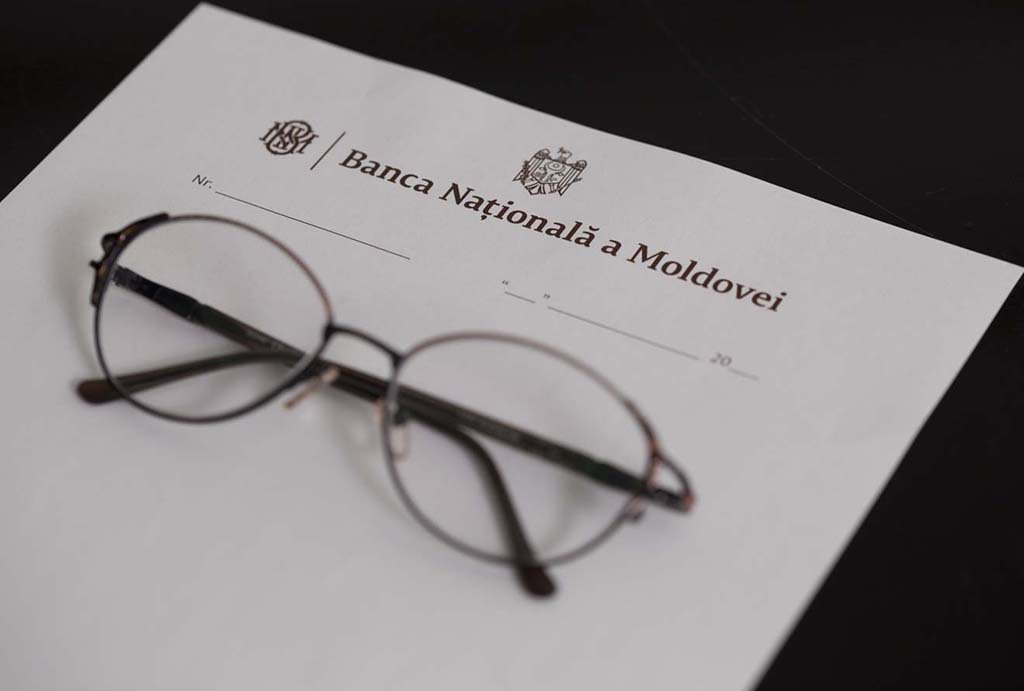Annual Report, 2009
Summary
External environment
After two years of economic and financial crisis, the severe decline of the global activity started to recover gradually on the major emerging markets and in some advanced countries. The economic growth has strengthened and expanded during the second half of 2009 due to the stabilization of retail sales, commodity prices and global trade, and the assertion of the real estate markets. The real sector of the global economy is also recovering, the industrial production increasing to the global level in the third quarter of 2009. The inflation in developed countries was almost zero in the reference year, while in emerging countries it reached 5.2 percent. In general, the emerging economies have resisted better to the financial turmoil due to the improvement of the economic policies: some of these countries benefit from increased raw material prices and a stronger set of economic policies than during the previous crises.
Real sector evolution
Economic evolution of Moldova's main trading partners has been marked by the financial and economic crisis worsening, which led to the deterioration of the internal conditions by reducing the volume of remittances, and by the domestic demand reduction to domestic products.
The Gross Domestic Product (GDP) of the Republic of Moldova, estimated for 2009, declined in real terms by 6.5 percent compared to the previous year. On the supply side, the fall in GDP was supported by negative results in the goods sector, particularly from industry, and reducing taxes and net product imports. Also, reductions were recorded for items of expenditure on gross domestic product, mainly on the account of significantly reduction of the capital formation and final consumption of households.
In 2009, the industrial production of enterprises of all types of real property recorded a decrease of 22.2 percent compared to the previous year and accounted for 23266.6 million lei in current prices.
According to the preliminary estimates, the agricultural production fell in 2009 in real terms by 9.9 percent compared to the previous year. The agricultural production reduction was mainly due to the sharp decrease in crop production, while livestock production increased compared to the previous year.
In 2009, in the economy has been allocated investment in fixed capital of only 65.1 percent from the level recorded in 2008. The main sources of financing investment activity remain to be the funds of economic agents and population.
The average monthly wage of an employee in the national economy in 2009 amounted to 2747.6 lei, increasing both in nominal and real terms by 8.6 percent as compared to the previous year.
In 2009, the contributions to the state budget revenue constituted 15.1 percent less than the amount collected in 2008, the state budget revenue constituting 4.5 percent higher compared to the last year. The state budget in 2009 resulted in a deficit amounting to 3631.8 million lei.
On December 31, 2009 the external state debt amounted to USD 957.5 million, increasing by USD 179.2 million compared with levels recorded at the end of 2008. The internal state debt amounted to 5104.9 million lei, made entirely of state securities. The total amount of internal state debt, debt to the NBM constituted 2213.4 million lei.
Inflation dynamics
The restriction of the economic activity associated with the global economic crisis that reflected on the national economy has conditioned a significant reduction of the rate of growth of consumer prices. Thus, the annual inflation rate in December 2009, measured by consumer price index, was 0.4 percent versus 7.3 percent recorded in December 2008. This decrease was placed on a downward trend that began in June 2008 and continued until summer 2009.
Within the structure of components, the largest increase (by 2.5 percent) was recorded in prices for non-foodstuff products, followed by tariffs for services rendered to the population (by 2.2 percent), while prices for foodstuff products have recorded a reduction of minus 3.8 percent.
The annual core inflation showed a downward trend since April 2008, constituting 2.1 percent in October 2009, with a slight acceleration in December 2009.
National Bank's activity in 2009
The efficiency of the promotion and implementation of the monetary policy during 2009 had a limited character as a response to the global financial crisis.
The financial crisis has increased the volatility in the foreign exchange and monetary markets and affected the economic activities. Thus, under low inflation pressures and significant decline in economic activity, the National Bank of Moldova has taken measures to support the banks' liquidity and to credit the national economy. As a result, loosening of monetary policy of the NBM by gradually reducing the base rate and the required reserves norm during 2009 was aimed at targeting the market interest rates to fall and further expansion of lending opportunities for the real sector of economy. It should be mentioned that, over the whole of 2009, the interbank money market interest rates and state securities took downward adjustments of the monetary policy rate.
In 2009, the National Bank of Moldova continued to use flexibly the monetary policy instruments. The divergent character of the money market determined the National Bank of Moldova to adapt its own management way of liquidity dependent on of market conditions, operating through several instruments. Besides the monetary absorption – the NBM certificates (CBN), were back on the market after a break of more than 10 years, state securities REPO - buying operations.
The official exchange rate of national currency against the U.S. dollar depreciated by 18.3 percent against the euro and depreciated by 19.6 percent. The depreciation in question was conditioned by the consequences of the international financial crisis triggered in 2008 when the currencies of the major trading partners of Moldova in the period of September to December of 2008 have significantly depreciated against the U.S. dollar, in particular: Ukrainian grivna (with 70.5 percent), the Polish zloty (with 29.6 percent), Turkish Lira (with 27.9 percent), Russian Rouble (with 19.4 percent), Romanian leu (with 17.7 percent). At the same time, the impact on exchange rate evolution of MDL was not felt immediately in 2008, but in 2009, while in other countries in the region the situation was stabilizing, the depreciation of currencies of those countries was insignificant.
To mitigate the excessive fluctuations of the official exchange rate of the domestic currency against the U.S. dollar, the NBM intervened during 2009 in the domestic foreign exchange market using foreign currency operations in the net amount of minus U.S. $ 222.8 million, including U.S. $ purchasing operations - U.S. $ 315.9 million, U.S. $ sales operations - U.S. $ 538.7 million.
State's foreign exchange reserves decreased during 2009 to USD 192.1 million, or 11.5 percent, from USD 1672.4 million to USD 1480.3 million, which covers the import of 4.5 months.
In 2009, the banking system in Moldova has registered general involutory trends, conditioned largely by the global financial crisis and by the uncertainty of the economic agents forecasting of their activity on medium term.
On June 19, 2009, the BC “Investprivatbank” SA license for conducting financial activities was withdrawn, following the situation of insolvency, which was caused by the unsatisfactory management of the bank. This was manifested by excessive concentration of loans in the "building / construction and development”, contrary use of funds intended in the credit contracts, setting the deadline for repayment of loans at maturity and granting of loans to repay the outstanding debts to the same customers as its resulted in drastic worsening of the loan portfolio quality. The liquidation process of the BC “Investprivatbank” SA is ongoing and according to the situation of December 31, 2009 all debts had been paid to individuals.
The total assets of the banking system at the end of 2009 totaled 39915.0 million lei, increasing compared to the same period of the previous year by 2.2 percent. Tier I Capital recorded a 2.4 percent decline, which led to license withdrawal of the BC “InvestPrivatBank” and to losses at some banks related to the reserves complement for credit risks. The bonds of banks have increased by 2.9 percent by the end of 2008 at the expense of other loans increase. However, the banking system recorded losses and the profitability of assets and shareholders’ equity had value negative.
Also, the National Bank of Moldova published at the end of 2009 the monetary policy strategy for 2010-2012. This monetary policy strategy is of a medium term and sets the prior directions of activity of the NBM oriented to achieve the primary objective. The strategy also determines the monetary policy regime, monetary instruments and their implementation, the transmission mechanism of monetary policy, the decision-making process regarding the achievement of the stated objective, the communication and transparency of the monetary policy.
The negotiations between the Government, National Bank of Moldova and the International Monetary Fund on the signing of the Memorandum on the Economic and Financial Policies (MPEF) for the years 2010-2012 began at the end of 2009, and which was subsequently approved by the IMF Board of Directors on January 29, 2010. One of the preconditions for signing the document was the achievement of the quantitative monetary objectives for the end of 2009, in particular the net domestic assets, net international reserves and the monetary base. At the end of 2009, the National Bank of Moldova has fully fulfilled the performance criteria stipulated in the MPEF.
In difficult conditions of 2009, the National Bank of Moldova has managed to temper the pressures on the foreign exchange market and to maintain the banking system stability.




















